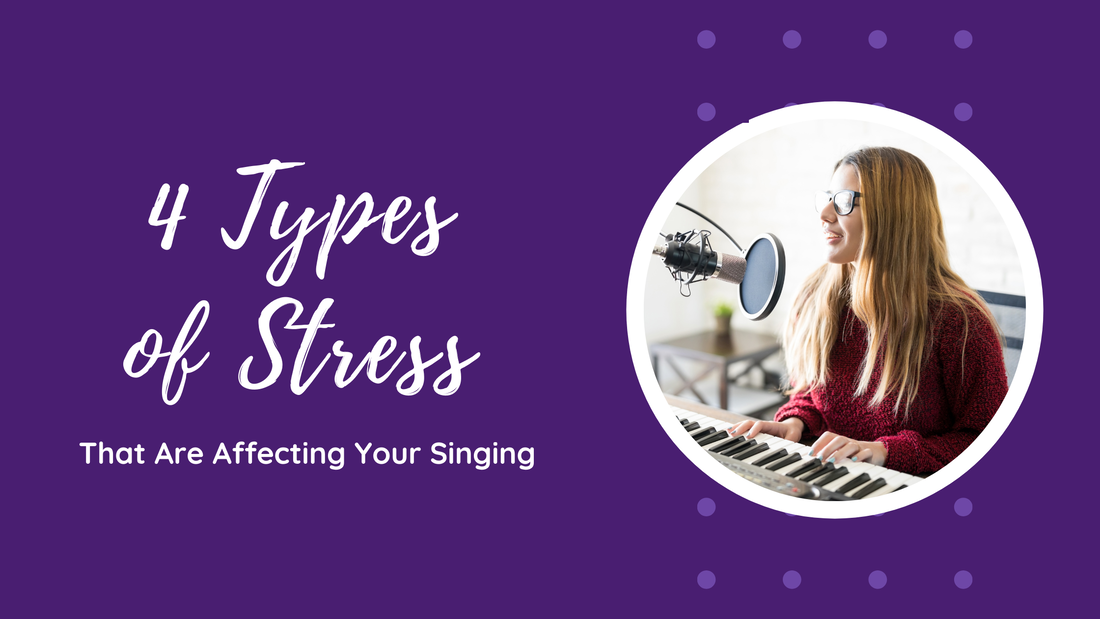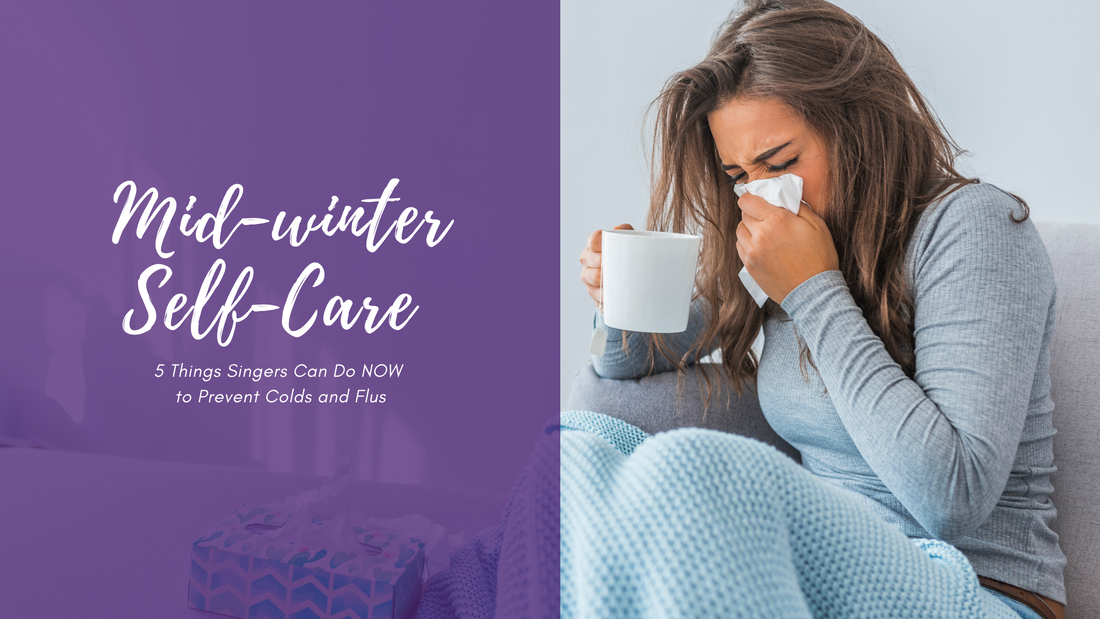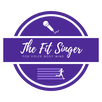|
I used to love baking. One thing that fascinated me about baking is the chemistry of it. You have all these ingredients that you have to put together in a certain order in specific quantities to get the final baked deliciousness. One of the hallmarks of a good baker is getting a perfect meringue. Light and airy, crispy on the outside with just a bit of chew on the inside. But there are so many things that can go wrong along the way. No fat can touch them, so that means that you can’t have a speck of yolk in the egg whites. No oil residue in the bowl or on the beaters. Otherwise the egg whites won’t beat up properly. Then the beating itself - you have to add the sugar just so, so they don’t end up grainy, and get the whites to form perfect peaks. Beat too long and they start disintegrating again. Then the preparation of the sheets for baking - it has to be parchment paper. Oven temp and baking time. They ALL matter. The point of all this is that, like with getting the perfect meringue, looking after your voices so that you have a well-balanced instrument has a lot of components to it, too. And like the meringue a lot of things can go wrong along the way. These are the stressors in our lives. Often when we think about stress we think about the emotional overwhelm that we feel from situations, but there are actually many other stressors that you may not be aware of and may not be causing an obvious fight or flight response. Accumulated stress can cause the throat to constrict and prevent you from being able to fully and freely express yourself through singing, so it’s important to stay on top of it. There are four main categories of stress. Psychological stress
Pyschosocial stress
Physical stress
Psycho-spiritual stress
Psychological, psycho-social and psycho-spiritual stress are clearly in the realm of the mind and the first thing most people think of when you mention stress. The mind and body are often thought of as separate and because of that physical stressors are often overlooked in how they impact the mind and voice. When talking about stress it is more usual to talk about the impact stress has on the body than the other way around. However, a preliminary study showed that physical and psychosocial stressors interact to increase stress in ways not explainable by the stressors alone. And over time these acute stressors can accumulate to cause chronic stress, more tension, illness and vocal issues. Increasing your capacity for a reliable voice That’s why looking after physical health is so important to able to cope with stress and sing with a reliable resilient voice. The stronger and healthier your body is, the greater your capacity to deal with the stress of a busy singer’s life. And let’s face it, the past year with the pandemic has been a very stressful one. Are you looking after your physical health to improve your stress resilience for freer, more confident singing? If you’d like to explore a holistic approach that includes work on body, mind and voice then download my free e-guide Top Tips to Release Tension and Lift Energy for Singers. Resources:
https://www.frontiersin.org/articles/10.3389/fnbeh.2020.00063/full https://www.mentalhelp.net/blogs/types-of-stress-and-their-symptoms/
0 Comments
February happens to be Heart month in a number of countries, Canada, United States and UK all have devoted this month to raising awareness for heart health. I think this is an important topic for singers. After all your body is your instrument and if all parts of it are healthy it will serve you better. A couple of years ago I was interviewed about singers’ health and one of the topics that came up for discussion was why did some of the great singers of history like Enrico Caruso lead less than healthy lifestyles – the so called “good life” of rich foods, smoking and alcohol – yet they had these amazing voices? The truth is a healthy lifestyle will not necessarily make you have a great voice. This comes from genetics, dedication to honing an impeccable technique, and the ability to communicate to and touch an audience. What a healthy heart will give you is the optimization of your instrument, your body, to be able to have the energy, stamina and health to deal with the demands of a singer’s life. It will pump blood full of nutrients to you larynx for optimal functioning and recovery. And pump blood to your brain for an alert mind. It will keep you healthy so you won't miss a gig. It will get through hours of rehearsals in the evening after being at your day job 9 to 5. It will give you the endurance to be weeks on the road performing. It will let you sing well into your twilight years. And here’s the thing, many of the GREAT singers did not make it to their twilight years. They died young. If we understand how lifestyle choices can affect our heart health we can prevent that fate and look forward to a long life of singing. Risk FactorsHeart disease is the number one killer in the world with 17.9 million deaths a year. Risk factors include:
Aside from Enrico Caruso, whose death at 48 years of age is mostly attributed to his smoking, drinking and poor eating habits, there are many other great singers of the 20th and 21st century who died of heart disease. Sadly most of them died while still in the prime of their careers. Though it is impossible to conclusively say whether their deaths can be attributed to lifestyle without knowing more of their personal lives and health habits, given the above statistics it is quite possible that these deaths could have been prevented through lifestyle changes. Of course this is not limited to classical singers. Many contemporary artists have suffered early deaths due to lifestyle as well. One demographic that seems to have a very high proportion of young deaths is hip hop and rap artists. Some dying of heart disease in their 20s! This is largely due to the unhealthy relationship that they develop at a young age growing up in food deserts (impoverished areas where there is limited access to affordable and nutritious food, especially fruits and vegetables). This was highlighted in the film Think Rich – Health is the New Wealth. It is heartening to see that many of these artists are now leading the charge to bring awareness to the benefits of a healthy, holistic lifestyle. In the past year with COVID-19 it has become apparent that those with underlying cardiovascular conditions are at greater risk of dying or having severe complications from the virus. And the complications from that for singers can be devastating. What you can doYou are a singer. You have a passion to share your gift. You have choices to make. Some of the risk factors such as age and family history we have no control over. However, most of the risk factors are within your control. A healthy lifestyle can go a long way to reducing most of the risk factors. Things you can do are:
Heart and stroke disease is preventable and some evidence even suggests that with proper nutrition and lifestyle it is reversible. It’s never too early to start on your heart health either. Arterial plaque build up can start in children as young as 10 years old and by the teens there may be plaque build up that will hang around through your life and potentially only get worse if lifestyle changes are not made. If you want to be a resilient singer that will be able to sing for many more years to come, then you can book your free Singer’s Wellness Strategy Session with me. You can book it here. May you share your gift of song with the world for many, many more years to come! Resources:https://www.heart.org/en/health-topics/heart-attack/understand-your-risks-to-prevent-a-heart-attack
https://www.cdc.gov/coronavirus/2019-ncov/need-extra-precautions/people-with-medical-conditions.html http://www.imdb.com/title/tt6285404/ https://www.ncbi.nlm.nih.gov/pmc/articles/PMC2100124/ Disclaimer: The Fit Singer does not give medical advice nor claim to cure any medical conditions. If you do have a medical condition, any dietary, exercise or other lifestyle changes should be made under the supervision of your family doctor. Before I get on to the main subject of this post I want to share a story about my son, Misha. His plight over that last year mirrors what many singers have been going through. As an elite fencer on the Canadian team, he was on track to qualify for the Olympics only to have everything cancelled last March.. No travel, no tournaments, even limited ability for training (unfortunately, you can't fence online, unlike singing, which has blossomed online). But now the buzz is that qualifying will be happening by April, so Misha is setting off on his first trip in 10 months to train in Vancouver and then will be heading out to Montreal to be with the National Team. Exciting, but also so worrying these days. Now that we find ourselves in the middle of January we are at that time of year, when we just want things to be over. We certainly want COVID-19 to be over, we want the travesty of the U.S. election to be over, and we want winter to be over. Mid-winter has a number of challenges for the singer. Less sunlight, cold temperatures and dry air from heating (or if you're in the prairies you get the dry cold). This can spell trouble for the voice from dried out vocal folds to greater risk of an upper respiratory tract infection A frequently asked question by some of my students is “How do I keep from getting sick?” That is an excellent question that every singer needs to ask, this year more than ever, since COVID-19 can hit the respiratory system hard. Wearing masks, staying in seclusion and handwashing is certainly one way to avoid respiratory infections. Though necessary during these pandemic times, these are actually not the only course of action we should be taking. Even before the pandemic we were living in an overly sanitized world and this has actually had a negative influence on our immune systems. I used to be one that frequently got ill, if not before or during a performance than definitely after. This had a lot to do with stress and the levels of stress hormones in my system. Even when I wasn’t performing I would get frequently ill. That all changed when I increased my fitness level and optimized my nutrition. These “discoveries” are what has prompted me to become a personal trainer. nutrition and stress resiliency coach. I love sharing my knowledge and experience with not just my students, but with other singers. So here are my top tips for preventing illness. Now getting fit and cleaning up your nutrition are journeys that will take time and will be individual, but here are 5 things you can do now to help reduce the risk of infection. 1. Make time to de-stressStress is a big part of getting ill. Our adrenal systems are in overdrive, but can only do it for so long before giving out. When they do you will be hit hard. Whether it’s making time to meditate, eating mindfully, taking a hot bath, reading a good book or just vegging out in front of the TV; commit to at least an hour a day in some activity that will calm you where you allow yourself to not think about any of the myriad things you need to do. 2. ExerciseDo a physical activity for at least 30 minutes every day. If you are a beginner, this might start out as walk. As you progress, keep challenging yourself and trying different activities. Keep your body guessing! Even though you may be fitter than you were before, if you keep doing the same thing your body adapts and will plateau not just with physical results, but with immunity as well. 3. Make a green smoothie every dayThis was a game-changer for me. Just throwing a handful of spinach or kale can make a huge difference. You are getting a burst of nutrients in an easily absorbable form. Fruits are full of vitamins such as C, A and some B vitamins, and the greens that are full of minerals such as iron, magnesium, manganese, copper, calcium, and vitamins A, C, B6, and folate (exact nutrients will vary with choice of fruits and greens). Both also contain other phytonutrients and of course, fiber (over 90% of Americans fall short of meeting their daily fiber intake.) Whole foods are always preferable to supplements. 4. Humidify and hydrateKeeping your vocal folds and the rest of your respiratory tract well hydrated from the inside out will help maintain a protective mucosal layer to prevent the entry of viral or bacteria pathogens. Central heating may keep you toasty warm, but it dries out the air which can suck the moisture right out making you more susceptible to infection. Make sure you're indoor spaces are at about 50% humidity by running a humidifier or use a personal nebulizer with an isotonic saline solution. Humidifying will take care of the upper surface of your vocal folds, but you what to also be hydrated deeper to help flush out toxins. The cold and dry may require that you increase your daily water intake. 5. Get plenty of sleepThis is the time of rest and restoration of the body. It allows for the brain to drain toxic build up and the rest of your body is healing and repairing, the toxic by-products of stress can also be removed from your system. The average adult requires 7 – 9 hours or sleep.
Here’s a BONUS tip. If you find you are very stressed and need a little extra help, an adaptogen supplement may be helpful. Adaptogens are a unique group of herbs used to improve the health of your adrenal system. By tonifying and rejuvenating the entire adrenal system, adaptogens promote the healthy regulation of cortisol the “stress hormone”. This special class of herbs improves strength, energy, stamina, endurance and mental clarity. Here is a list of a few adaptogens: Maca root, astragalus root, ashwagandha root, maitake mushroom, cordyceps, reishi mushrooms, holy basil, shisandra and ginkgo. If you feel you need some help de-stressing or boosting your immune system then I would love to help. You can contact me to book an Introductory Health Coaching session. Just email me at [email protected] for more information. |
AuthorHi, I'm Elizabeth! I'm your guide on your vocal journey. I work with singers - Voice Students of all ages, Singing Teachers and Choristers - basically anyone who LOVES to Sing and wants to free their voice. Archives
August 2022
Categories
All
|
Elizabeth Rotoff Voice and Wellness
Home to
Member of:
Elizabeth Rotoff Voice and Wellness © COPYRIGHT 2020. ALL RIGHTS RESERVED.




 RSS Feed
RSS Feed





